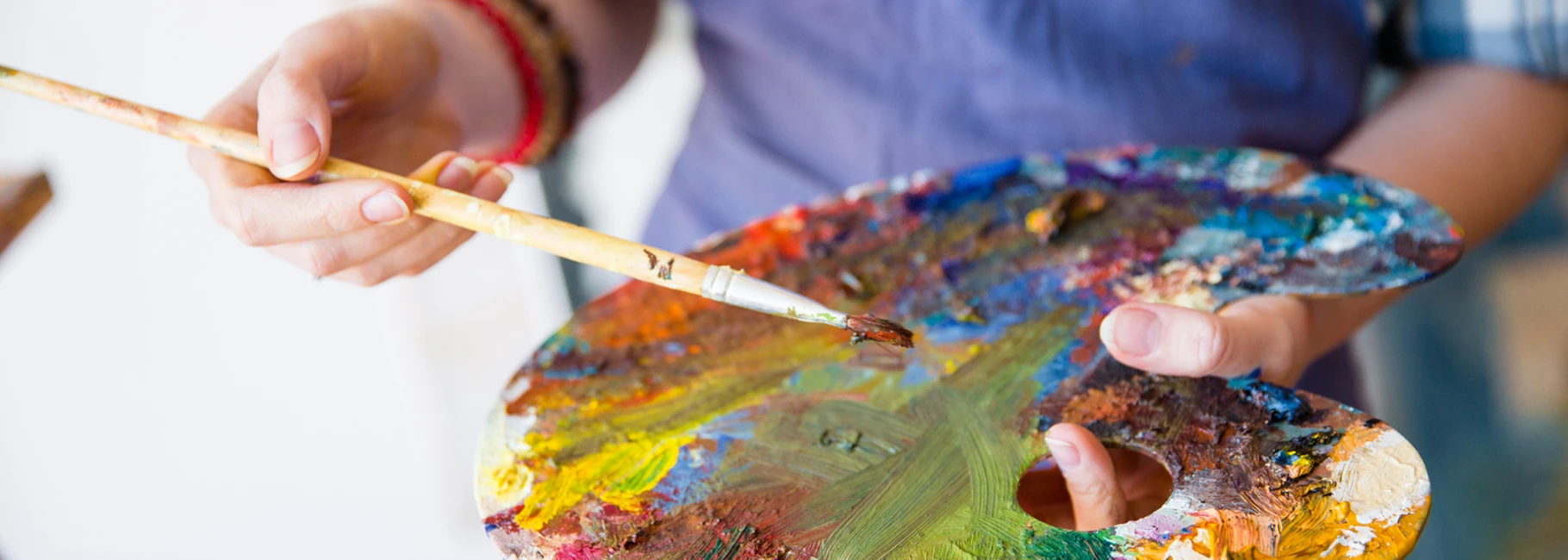By an IvyWise College Admissions Counselor
Most U.S. colleges and universities use a holistic review method when reviewing applicants for admission, considering various aspects of a student’s academic and personal record. This includes the tangibles, like a student’s four-year transcript, test scores, recommendation letters, and essays. But it also includes the intangibles, like a student’s passions, interests, and motivations. While it may seem intuitive to strategize for certain aspects of the admissions process, like performing well in classes or studying for standardized tests, it’s often more difficult for students to strategize on how to uncover their passions and values and demonstrate those through extracurricular activities.
Intentional student identity development is one of the most crucial aspects that is evaluated in the extracurricular activity section, and because of that, the extracurricular activity section remains one of the most difficult elements in the application review for many students to receive a high score on. The more selective a school is, the more difficult it is to achieve a high rating in the activity section, and how students articulate their experience and development in these roles is critical to attaining the maximum rating. So how can students be more strategic about how they pursue their interests and demonstrate their personal identity and development?
Self-Discovery in High School
High school is when a student’s cognitive development allows them to construct their identity through the college admission process — extracurricular activities provide the perfect opportunity to craft their story of self-identity. Helping students understand their beliefs, goals, and self-knowledge is the perfect foundation for positively impacting their community and beyond. Focusing on identity development through extracurriculars is important for both the college admission process and the independence students gain when arriving at college.
I work with my students through a series of “know thyself” workshops that focus on identity development. Identities are not simply our own creation, as much of our identity is formed by environmental forces — they grow and change over time in response to internal and external factors. High school is the ideal time for students to articulate their personal identity, and I use the college admissions process as a crucial tool to discover who they are, which helps us build a strong foundation for identifying and pursuing relevant activities and extracurricular experiences. We know identity is dynamic and complex, and the experiences in high school are the perfect learning moments for students to explore and help them articulate their story in preparation for college.
Once students identify their core values, talents, and skills, we help them identify an activity or cause through which they can make a positive impact and develop their skills. Through self-knowledge and research that identifies a need, my students learn how to effectively communicate their vision, learning, and leadership by starting a new initiative.
Defining Your Values and Interests
A well-developed identity consists of values and beliefs that can help students set goals they can commit to accomplishing over time. A big part of my work with students is helping them identify their top-three core values and articulate why those values matter to them. Students often have many interests they want to explore, but I encourage them to focus their passions and talents with intention to make an impact and develop their skills in an area that matters most to them, rather than commit to multiple activities. By guiding them in this way, they’ll remain engaged over a long period of time, even when things become challenging or don’t go their way.
A student’s identity is informed through a process of exploring options and research that can help to identify a cause to commit to based upon exploration and passion. One example of this is a student of mine who is a passionate and talented artist who really values art and education for younger students. She decided to use her knowledge of art history to create art classes for those in need, with the goal to restore art classes in elementary schools after she learned that art classes were no longer available to those students. When my student started this project, she recruited her classmates to help provide the art instruction. There was little interest, but rather than get frustrated and give up when the pandemic hit, she moved her classes entirely online, which allowed the program to expand. A program that started with in-person classes for elementary-age students in her community expanded its accessibility to students of all ages from across the country through virtual classes. Because this activity aligned with her values and interests, she kept going even when she faced challenges like lack of participation and interruptions caused by the pandemic.
Another option is participating in a long-term purpose project like Genius Hour, which is often done at school. Genius Hour encourages students to apply their intellectual curiosity, interests, and creativity into a project that they can share with the class.
Understanding Your Unique Voice
Let’s face it: Understanding how to become a competitive applicant can be a daunting and confusing task. One of my favorite parts of college counseling is to support my students in discovering their voice, which helps take the stress out of the college admissions process. Self-awareness has long been recognized as one of the most important traits for leaders to develop — which is something admissions officers are looking for in students’ applications and activity lists. By understanding our own motivations, values, and desires, we are better equipped to lead and make good decisions. So much of the college application process is about making decisions, and understanding their own voice can help students become better leaders and decision-makers in their extracurricular activities.
Another example is one of my students who has a defined interest in and passion for rugby. When the pandemic started, his teammates complained that they could not get together to practice. He identified a need for his teammates to stay active when in isolation and used his unique voice and experience to start an online rugby training initiative that shared videos demonstrating techniques and recommendations on how to remain fit during this time. He posted videos on his social media and even created a website. As the popularity of this project grew, my student developed a merchandise line and began measuring sales for an assignment for his economics class. When pandemic restrictions eased and in-person activities resumed, he offered rugby sports camps for younger students and gathered feedback through pre- and post-surveys from participants — thereby taking on a defined leadership role. Over time, this project evolved to include interviews with professional rugby players for inspiration and data tracking, with both qualitative and quantitative measurements, which will help my student craft a narrative to capture his skill and identity development as a leader through a new project he started.
Uncovering your passions, values, and interests can take time, but it’s a critical piece of the college prep puzzle. At IvyWise, our team of expert counselors work with students to help them identify and develop their interests, including suggesting extracurricular initiatives that can help them not only stand out when they apply to college but also bring them genuine joy. Contact us today for more information on how we can work with your student to better explore their interests and activities — no matter where they are in the college prep process.




